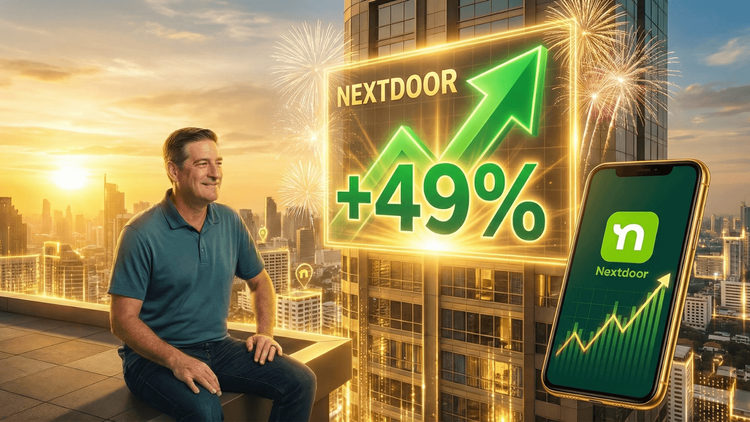European Defence Stocks Surge After Trump’s NATO Remarks
Trump’s NATO Spending Call Fuels European Defence Sector Rally

European defence stocks experienced a notable surge on Wednesday, propelled by U.S. President-elect Donald Trump's renewed call for higher military spending among NATO allies. Leading defence companies, including Rheinmetall, Dassault Aviation, Leonardo, and Saab, saw their shares jump by 2-3% during early trading hours. Additionally, the pan-European defence index rose 1% by 0910 GMT, underscoring the sector's strong performance.
Trump Urges NATO to Increase Defence Spending
At a press conference held at his Mar-a-Lago residence, Trump reiterated his stance that European NATO members must significantly increase their defence budgets. He proposed a new spending target of 5% of GDP, a dramatic increase from the current 2% guideline. Trump's comments specifically targeted Germany, a country he claimed could afford to contribute more to the alliance’s military needs.
Market Reaction and Analyst Insights
Stifel analysts attributed the market’s positive response to Trump’s remarks, noting that a shift toward higher military expenditure would benefit the defence sector. They emphasized the potential for long-term growth in European arms manufacturing should NATO implement the proposed spending threshold.
Dassault Aviation emerged as a standout performer, with its stocks on track for their largest single-day increase in nearly three months. The company’s strong 2024 order data, released on Tuesday, further bolstered investor confidence.
Political Leaders Weigh In
German opposition leader Friedrich Merz welcomed the idea of increased defence spending but downplayed the debate over precise targets, calling it “irrelevant.” Meanwhile, Robert Habeck, Germany's vice-chancellor and economy minister, suggested that the country could allocate up to 3.5% of its GDP to defence, highlighting the possibility of a more substantial military budget for Europe’s largest economy.
Conclusion
Trump’s call for higher NATO spending has reignited debates over European defence budgets while delivering a clear boost to the region’s arms manufacturers. With political leaders divided on implementation, the next few months could prove critical for both NATO policy and the defence sector’s market trajectory.






